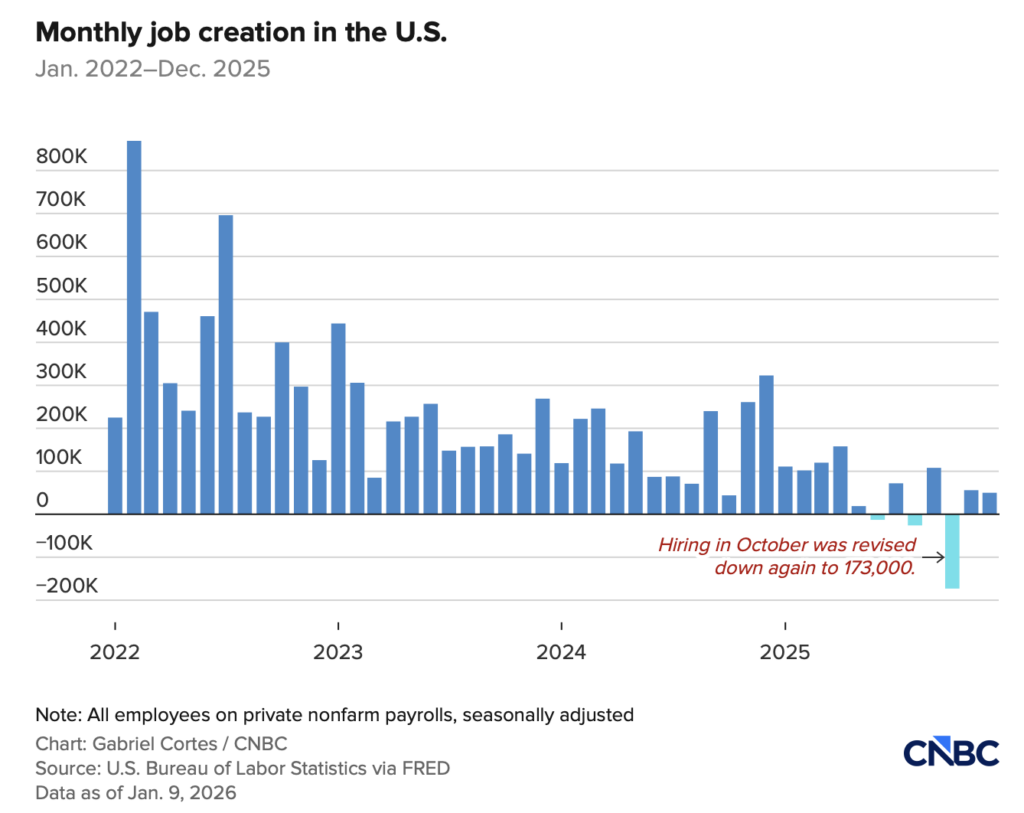Good morning.

Thursday in Whitewater will be windy with a high of 23. Sunrise is 7:22 and sunset is 4:46 for 9 hours 24 minutes of daytime. The moon is a waning crescent with 10.2 percent of its visible disk illuminated.
Whitewater’s Community Development Authority meets at 5:30 PM.
On this day in 1967, the Packers defeat the Chiefs, 35–10, in the first Super Bowl.
In March 2025, the Trump Administration cut about $400 million nationwide from the Local Foods Purchase Assistance Program. The Evers Administration has now acted to fund the program:
New state funding will help Wisconsin hunger relief groups purchase from local farmers. It continues an effort that was disrupted last year after the abrupt end of federal support.
The Food Security and Wisconsin Products Grant Program will receive $10 million over the state’s 2025-27 biennial budget. Half of the funding was distributed last week to Feeding Wisconsin and Hunger Task Force, and will go toward purchasing foods that are at least 51 percent produced or processed in Wisconsin.
Jackie Anderson, executive director of Feeding Wisconsin, said it’s the first time Wisconsin is investing state dollars into this type of hunger-relief effort. And it comes at a critical time.
“We know, as a sector, that donations (of food and money) are decreasing,” Anderson said. “On the flip side, the need is increasing. Across our Feeding America food banks, we’re seeing about a 30 to 45 percent increase in the number of neighbors who are needing to visit pantries.”
See Hope Kirwan, After federal cuts, Wisconsin will fund effort to get local food into food banks (‘Hunger relief groups will receive $10M over the next 2 years to buy food from Wisconsin producers, processors’), January 15, 2026.
There are thousands of federal programs that merit reduction or cancellation before food bank assistance. And yet, there’s an atavistic element to extreme populism: it seeks the reduction of programs it believes (accurately or inaccurately) go toward populism’s ethnic and cultural adversaries (as the populists, and they populists alone, define their adversaries).
NASA’s SpaceX Crew-11 splashes down and exits capsule in time-lapse – Medical evacuation complete:


